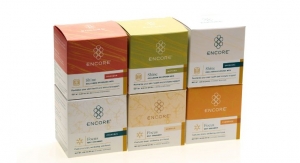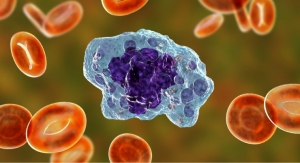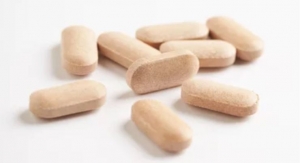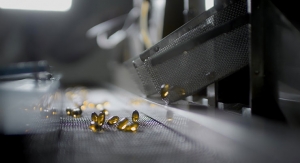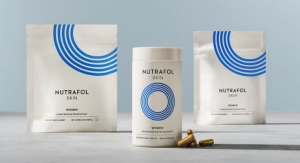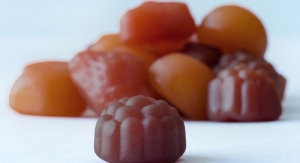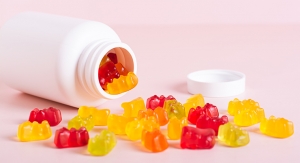06.20.23
An independent conclusion expert panel convened by AIMBR Life Sciences determined that KT-11, a postbiotic heat-sterilized strain of Lactobacillus crispatus marketed by Maypro, is generally recognized as safe (GRAS).
The rod-shaped species of lactic acid bacteria is evidenced to support immune function, and the numbers of various strains within the human body are known to decrease over time.
KT-11 studies have evidenced that its postbiotic form is a more effective means of conferring associated health benefits which cannot be achieved in certain delivery forms with live bacteria. In addition to supporting overall immune function, KT-11 is linked to improved periodontal health, seasonal allergy symptoms, and skin health, according to the company.
“KT-11 is particularly exciting for periodontal health,” said Denis Alimonti, director of U.S. nutrition at Maypro. “The unmatched stability and impressive efficacy of KT-11 really sets this ingredient apart in a crowded postbiotic marketplace and gives formulators of periodontal health products an immunobiotic with strong clinical substantiation—something we see lacking in the current market.”
“We’re excited about KT-11’s success in achieving independent panel GRAS status,” said Hiroyuki Asaki, president, KITII Corporation, distributor of KT-11 to Maypro. “We were the first in Japan to succeed in the industrial production of the crisaptus organism and to turn it into a food ingredient.”
In a recent study which appeared in Beneficial Microbes, 16 healthy subjects with periodontal dysbiosis were randomized to receive either KT-11 or a placebo for four weeks. The results showed that the KT-11 recipients saw significantly improved markers of periodontal health such as plaque score, reddish tinge score, swelling score, and a dramatic reduction of the presence of P. gingivalis.
The rod-shaped species of lactic acid bacteria is evidenced to support immune function, and the numbers of various strains within the human body are known to decrease over time.
KT-11 studies have evidenced that its postbiotic form is a more effective means of conferring associated health benefits which cannot be achieved in certain delivery forms with live bacteria. In addition to supporting overall immune function, KT-11 is linked to improved periodontal health, seasonal allergy symptoms, and skin health, according to the company.
“KT-11 is particularly exciting for periodontal health,” said Denis Alimonti, director of U.S. nutrition at Maypro. “The unmatched stability and impressive efficacy of KT-11 really sets this ingredient apart in a crowded postbiotic marketplace and gives formulators of periodontal health products an immunobiotic with strong clinical substantiation—something we see lacking in the current market.”
“We’re excited about KT-11’s success in achieving independent panel GRAS status,” said Hiroyuki Asaki, president, KITII Corporation, distributor of KT-11 to Maypro. “We were the first in Japan to succeed in the industrial production of the crisaptus organism and to turn it into a food ingredient.”
In a recent study which appeared in Beneficial Microbes, 16 healthy subjects with periodontal dysbiosis were randomized to receive either KT-11 or a placebo for four weeks. The results showed that the KT-11 recipients saw significantly improved markers of periodontal health such as plaque score, reddish tinge score, swelling score, and a dramatic reduction of the presence of P. gingivalis.


